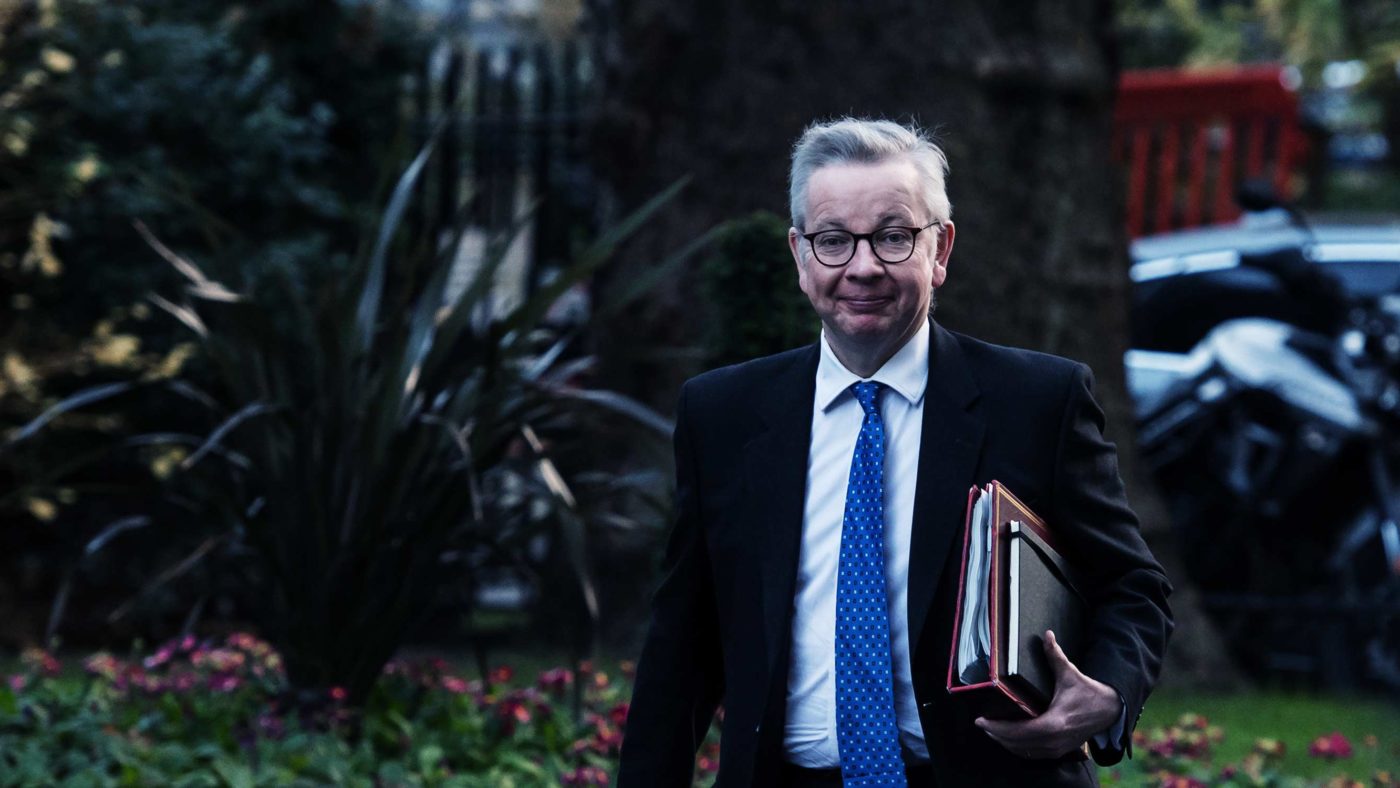When you pitch up at the Royal Military Academy Sandhurst to start a year of training, amongst all the new uniform and oodles of kit you are given a thin, glossy red A5 book entitled The Queen’s Commission: A Junior Officers’ Guide – 133 pages covering everything from letter writing to behaviour in the mess and standards of bearing and dress, plus a smattering of anecdotes from soldiers past and present. The guide is a small part of the practical aspects of training which is the bedrock of a strong officer corps.
As at Sandhurst, so in many professions and vocations, trainees and employees get a range of theoretical and practical preparation to make sure they are ready to take their place in the workforce.
But there’s one group who have historically been notably under-prepared for their new roles – our politicians.
So it’s very welcome that the Declaration of Government Reform, published this week and spearheaded by Michael Gove, includes a commitment to “invest in training for civil servants and for Ministers to bolster traditional skills such as drafting written advice, understanding statistical concepts, and appreciating how Parliament works”.
As in any role, gaining experience takes time, but we make things doubly difficult for our elected representatives by offering very little in the way of training. It’s a strange anomaly. After all, we do not send medical students into hospitals unsupervised after a day or two at university. Nor have we, for a long time, expected soldiers to fight with almost zero training – yet this is what we expect of our politicians when they enter Parliament or begin to climb the ministerial ladder.
There’s a common complaint that we now have a professional political class where government is stuffed with people who have spent their whole careers in politics and have little experience of the ‘real world’. But without any proper training for politicians, how else do we expect them to prepare for public life? It’s no surprise that some of the most capable ministers are those who have already walked the corridors of power as special advisers or policy specialists. Bringing in a comprehensive training system for MPs and ministers would help equip people from non-political backgrounds for a career in government – levelling the playing field by raising it across the board.
We do not, however, want an army of automatons adhering to a rigid framework. Politics, given its representative nature, must remain the last truly amateur profession. We need doctors, nurses, business people, trade unionists, soldiers and, yes, policy wonks in Parliament. But that does not mean operating in silos where the latter have a monopoly over understanding how government works and how it interacts with other institutions.
If the last 15 months have shown anything, it’s the abiding importance of building policy based on an appreciation of both evidence and objectives. The variety of expertise and experience brought by those who have had careers outside politics can be a crucial ingredient in creating, implementing and communicating policy.
Just look at the vaccine programme. Here was a project driven by data and probability, which drew on the experience of experts not just in medicine and pharmaceuticals, but logistics, manufacturing and trade. We cannot simply assume that candidates, MPs, ministers and their officials are already schooled in the kind of critical evaluation needed to make a success of such an undertaking, which is why such skills must be the cornerstone of this new training regime.
What the new programme should not aim to do is try to turn MPs into subject experts on every conceivable policy area. For one thing, it would be nigh on impossible. The sheer volume and detail of legislation MPs are expected to scrutinise means they must quite rightly remain generalists. At the same time, they ought to have a clear understanding of both how Parliament interacts with governments and its institutions.
That’s why the Government should extend the training it has announced beyond civil servants and ministers to Parliament as a whole. It would mean greater efficiency and more effective scrutiny of legislation, while also enhancing the quality of our elected representatives.
After all, the aim of becoming a parliamentarian or minister is surely to serve as effectively as possible. Good legislation and implementation are the instruments of that service, and producing it the highest standard possible means understanding the capabilities, relationships and problems of British government. And while it’s true that there is no substitute for experience, the training announced by the Government this week, if done properly, will give a much-needed foundation on which to build for the future.
Click here to subscribe to our daily briefing – the best pieces from CapX and across the web.
CapX depends on the generosity of its readers. If you value what we do, please consider making a donation.


